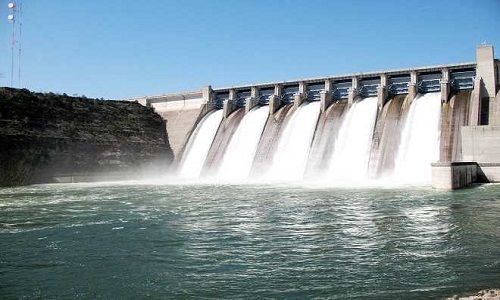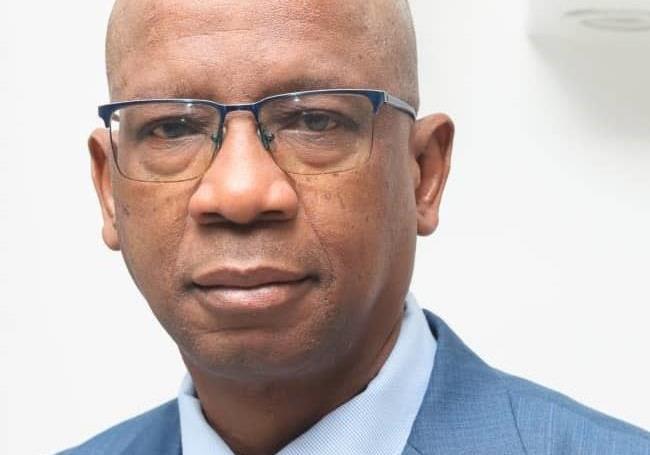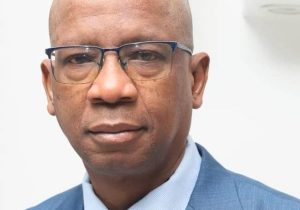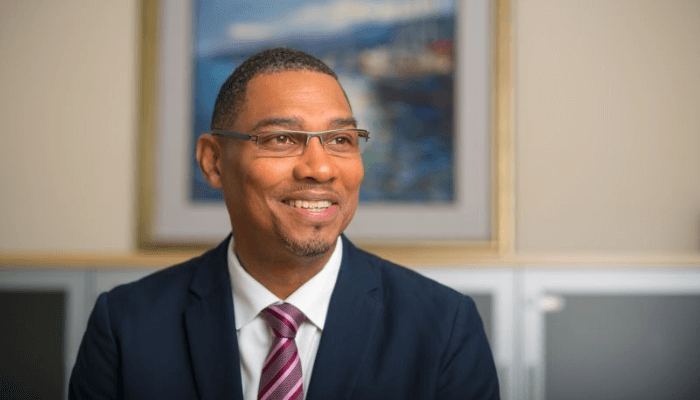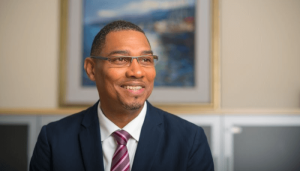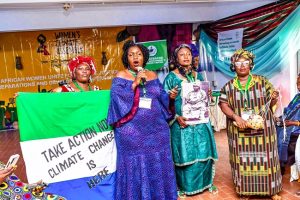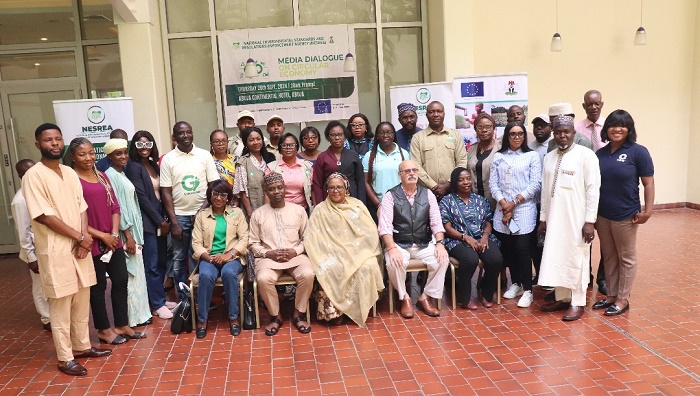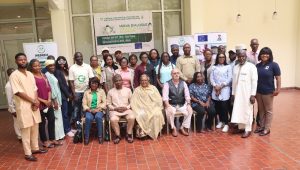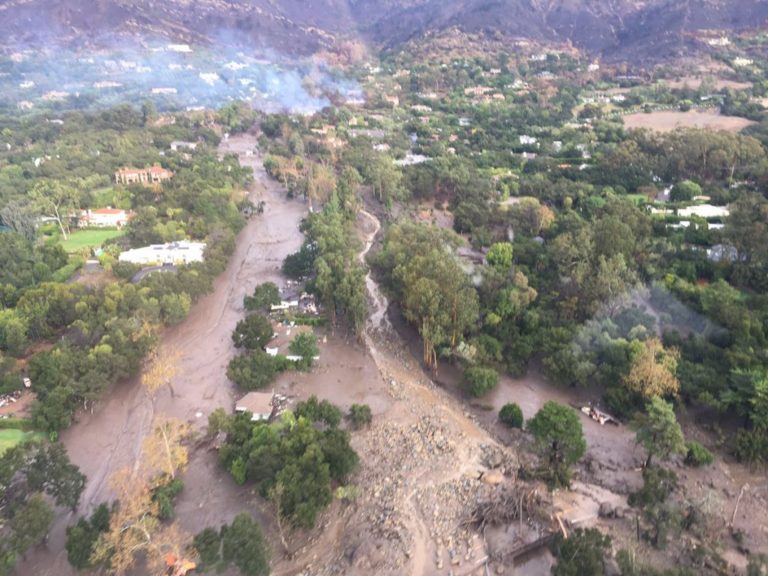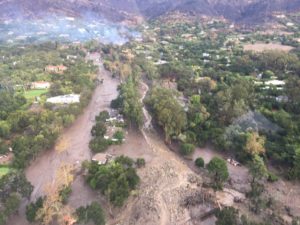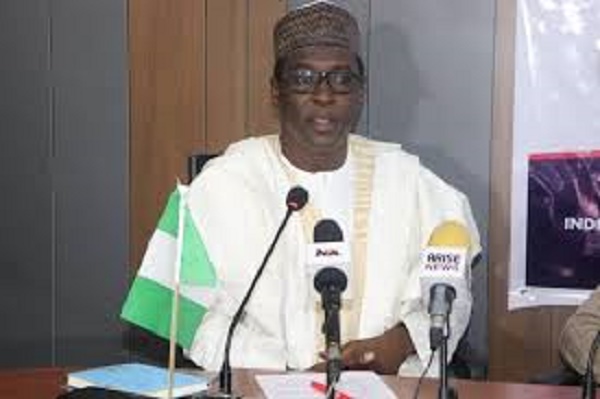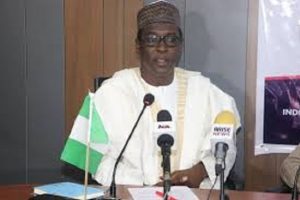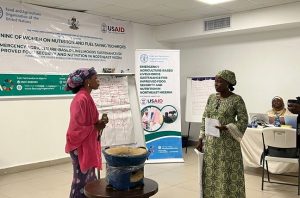The Federal Government has inaugurated an Inter-ministerial Technical Committee on Dam Evaluations to address the growing concerns about dam safety across the country.
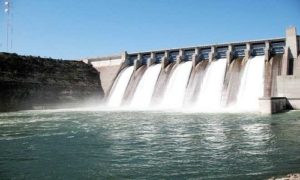
The committee, approved by President Bola Tinubu, was inaugurated on Wednesday, October 2, 2024, in Abuja.
It will assess the physical condition of dams nationwide and examine their impact on local communities.
The members of the committee are: Wale Edun, Minister of Finance and Coordinating Minister of the Economy; Mohammed Idris, Minister of Information and National Orientation; and Atiku Bagudu, Minister of Budget and Economic Planning.
Others are Dave Umahi, Minister of Works; Nuhu Ribadu, National Security Adviser; as well as Musa Dangiwa, Minister of Housing and Urban Development.
At the inaugural meeting, the Minister of Water Resources and Sanitation, Prof. Joseph Utsev, stressed the timeliness of the situation, following the flood disaster that devastated parts of Maiduguri and its surroundings.
According to him, the government aims to prevent future tragedies by evaluating the state of dams and mitigating risks to the environment and people.
He said the committee’s tasks included providing a comprehensive evaluation of dams, proposing interventions and ensuring that communities affected by dams were protected from potential hazards.
Utsev referenced the Federal Executive Council meeting held on Sept. 23, during which the recent tragedy in Maiduguri and its surrounding areas was critically reviewed.
“As a result of the disaster, a new Disaster Relief Fund has been proposed to provide immediate assistance to victims without delay.
“To further support the government’s efforts, the president approved the establishment of the Inter-ministerial Technical Committee on Dam Evaluations.
“The committee will assess the physical condition of dams, evaluate their social and environmental impacts, and develop strategies to mitigate risks,’’ he said.
He added that committee members had been given a comprehensive list of dams in the country, along with a draft framework for their report.
The minister also mentioned that the ministry’s plan to create a Project Delivery Unit, which would offer ongoing technical support throughout the evaluation process.
He added that the committee was expected to submit a detailed report, outlining the necessary interventions to protect the nation’s infrastructure and prevent future disasters.
On his part, Idris said that the government was proactively addressing the situation to prevent its recurrence.
He added that the president was committed to making life easier for Nigerians.
“That’s why we are here to assess the flood situation and evaluate the dams, so we can develop a solution; you can see the caliber of the committee members involved.
“The president’s goal is to improve the lives of all Nigerians and everything we are doing here is aimed at conducting on-the-ground evaluations,’’ he said.
In his address, Bagudu announced that the Federal Government had approved the Renewed Hope Infrastructure Fund to rehabilitate dams and irrigation facilities.
Earlier, Edun explained that the committee’s purpose was to implement a multifaceted approach to ensure the safety and security of Nigerians.
He said it was particularly crucial in the face of climate change, which required urgent interventions and climate action.
By Tosin Kolade

